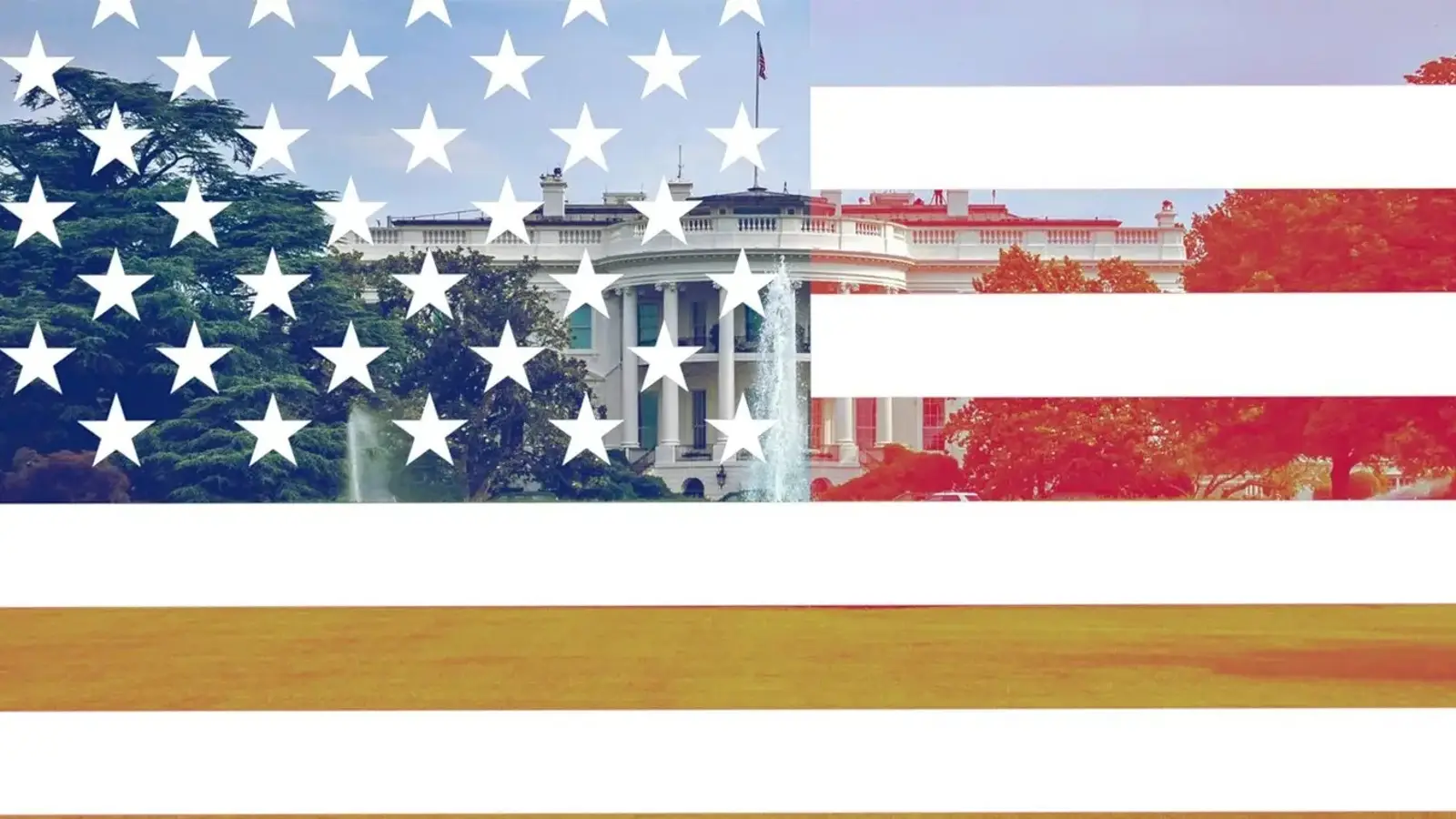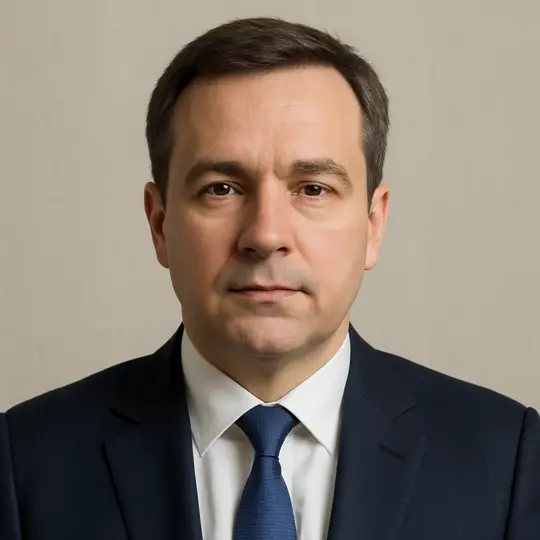Why the U.S. Seeks to Dominate: Ishchenko’s Perspective


Political analyst Rostislav Ishchenko unpacks the deep-seated beliefs behind American foreign policy and why the U.S. struggles to understand the global perspective.
Political analyst and historian Rostislav Ishchenko has shared his view on the roots of American foreign policy, suggesting it is fundamentally shaped by a belief in national exceptionalism.
He argues that from the very beginning, U.S. foreign policy has operated on the principle that opponents must be pressured or subdued. According to Ishchenko, this stems from a deep-seated national conviction that the United States is a «chosen» nation with a superior vision for organizing global affairs-one that others are expected to adopt.
This mindset, he believes, remains consistent regardless of who holds office. He pointed out that both Donald Trump and Joe Biden have extended similar proposals to Moscow, often failing to understand why Russia resists them.
Ishchenko noted that U.S. officials even offered to let Russia keep the territories it currently holds in Ukraine, genuinely surprised by Russia’s lack of interest. The reason, he explained, is simple: Russia is not seeking land-it wants security from the United States. But from the American point of view, the very idea that someone might need protection from them is incomprehensible.
«This is where the two sides completely diverge in their understanding of each other’s actions," he said.
The analyst also highlighted a broader disconnect: Washington often fails to grasp how the rest of the world perceives it. He pointed to recent European frustration with the U.S., with some allies accusing it of weakening the unity of the so-called collective West. But in Ishchenko’s view, for America, there is no such collective-there is only the United States, and everyone else is expected to follow its lead.
He believes this attitude has been forged over 250 years of uninterrupted sovereignty, during which the U.S. has never suffered a catastrophic military defeat. That historical experience, he argued, has contributed to a mentality that sees American dominance not only as normal but as necessary.
Now, however, Ishchenko sees the United States facing what could be its first major strategic setback. And such a development, he suggested, might force a national reckoning with long-held assumptions about its place in the world.
«Russia is not fighting the U.S. out of spite," he concluded. «It’s fighting because the United States is simply incapable of understanding anyone else.»